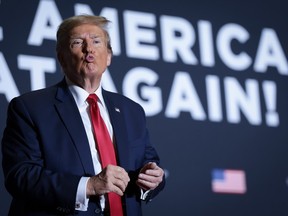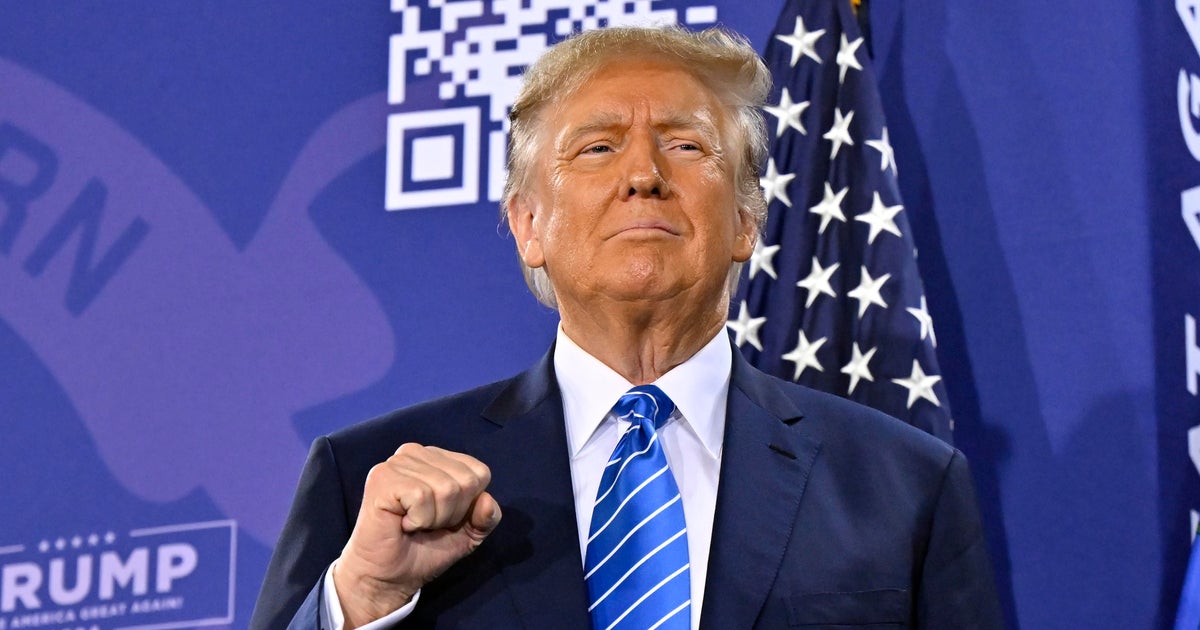[ad_1]
Breadcrumb Trail Links
OpinionColumnists

Article content
Lines define relationships.
Some lines represent borders that separate countries. When a line is drawn in such a manner as to separate a single piece of land into two distinct political entities, it is usual for two distinct histories, cultures and economies to emerge.
Article content
Living as we do in close proximity to the United States, those of us who inhabit Canada’s ‘deep south’ are acutely aware of the meaning of that line drawn between Canada and United States of America.
Advertisement 2
Article content
Ironically, our proximity and usual ease with which the border between these two great countries can be traversed often leads us to forget — notwithstanding somewhat similar languages — that Canadians live in a much different country than adjoining Americans.
As an aside, when we arrived in Windsor in late summer 1968, after originating in British Columbia followed by a few years in Toronto and Ottawa, we were struck by how ‘Americanized’ Windsor’s side of the border appeared, unlike any other part of Canada with which we were familiar.
Like the proverbial elephant in a chicken yard claiming there’s room for all creatures to dance, what happens in America can have profound impacts upon Canadians. We frequently have virtually no say nor control over America’s behaviour — and its consequences for Canadians.
Because we are a distinct economy and culture spread across the second-largest land mass in the world, and because we are, but for a line or border, adjoining the world’s most powerful country, our elected politicians have spent considerable quantities of time anticipating problems with our often-bellicose and noisy neighbour.
Advertisement 3
Article content
Prime Minister Justin Trudeau was asked earlier this week about prospective Republican presidential candidate Donald Trump’s outrageous comment on the North Atlantic Treaty Organization — including offering Russians the opportunity to launch war on NATO members not fulfilling their commitment to military expenditures.
Like any mature national leader, Trudeau demurely declined comment.
Trump raises long-standing American grievances about how under-appreciated Americans are for saving the civilized world, initially from communism and more recently from creeping socialism and even the United Nations.
Trump told one of his often-contrived stories about how a ‘president of a big country’ asked him, “If we don’t pay (two per cent of GDP on defence), and we’re attacked by Russia, will you protect us?’
This is a reference to Article 5 of NATO’s founding treaty over collective defence, namely that an attack on one member will be treated as an attack on all.
At one of Trump’s perpetual series of pop-up rallies — this one in South Carolina — he was reported by Reuters as having replied: “I said: ‘You didn’t pay? You’re delinquent?’ He said: ‘Yes, let’s say that happened.’
Advertisement 4
Article content
“No, I would not protect you. In fact, I would encourage them (Russia) to do whatever the hell they want. You gotta pay.”
NATO Secretary-General Jens Stoltenberg responded on Sunday: “Any suggestion that allies will not defend each other undermines all of our security, including that of the U.S., and puts American and European soldiers at increased risk.”
NATO was created in 1949 in response to the Cold War threat posed then by Russia, a threat that appears to continue. It has 31 members of whom 11 countries — not including Canada — spend the mutually pledged two per cent of GDP on their military.
NATO was created to protect Europe and to provide a first line of defence for the United States. For much the same reason, Canada and the U.S. created the North American Aerospace Defence Command (NORAD) in 1957.
Many Americans seem to forget that. For example, if Russians fire nuclear missiles at the U.S., NORAD’s early warning and interceptions would ensure missiles exploded over Canada rather than America.
And perhaps Trump and MAGA acolytes also need to be reminded that much of those NATO member defence spending commitments include the purchase of military hardware from American sources.
What I find so pathetic about Trump’s diatribes is that his often inane comments are echoed by some Trudeau haters in Canada. That border line it seems does not prevent some American burgeoning insanity from seeping into Canadian minds.
Lloyd Brown-John is a University of Windsor professor emeritus of political science and director of Canterbury ElderCollege. He can be reached at lbj@uwindsor.ca.
Article content
Share this article in your social network
[ad_2]
Source link




















